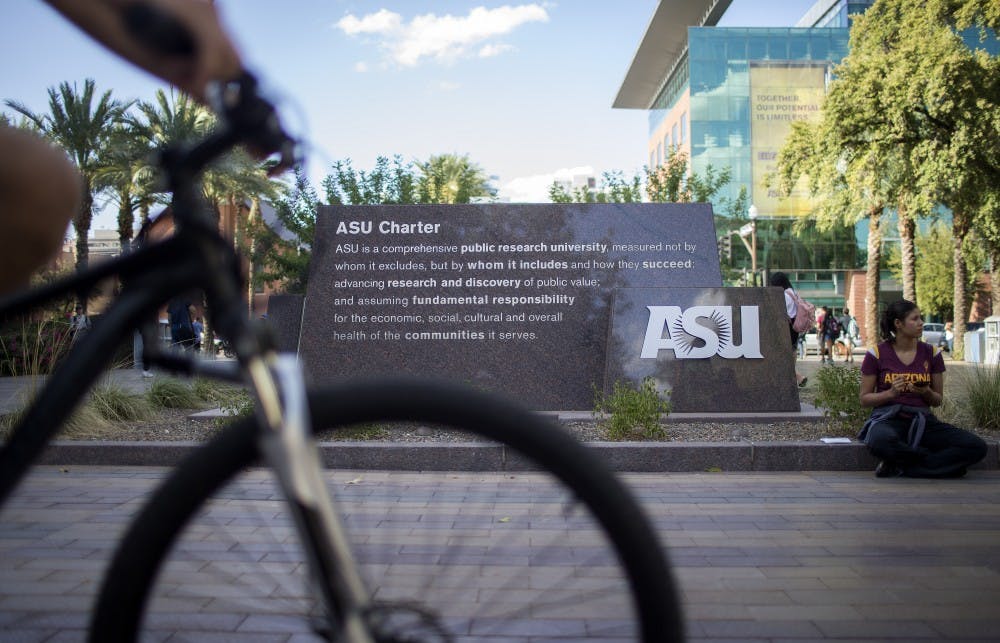A former ASU employee who has chronic sleep apnea is suing the University for not “reasonably accommodating” his condition.
Gary Elias said in a lawsuit filed against the Arizona Board of Regents — which represents ASU — that the special work accommodations that the University originally gave him were later revoked when he was assigned a new supervisor.
“As a result, Elias could not manage his condition and experienced severe daytime sleepiness, difficulty concentrating, and significant anxiety,” according to the lawsuit.
Previous supervisors allowed Elias, who was a database manager at ASU from 2012-15, to have a flexible work schedule and work from home when necessary, according to the court documents.
In December 2014 he was assigned a new supervisor who revoked Elias’ accommodations, according to the court documents.
“(The supervisor) refused Elias’ accommodation requests, stating that she liked her staff to all be in the office during regular work hours,” according to the court documents.
On Wednesday the court scheduled its first pretrial conference for November. The case was initially filed on Aug. 31 of this year.
The lawsuit asked for "award of compensatory damages for mental anguish, emotional distress, pain and suffering, humiliation, harm to reputation and other losses incurred by Elias as a result of ASU’s conduct," but didn't specify how much Elias was requesting.
After Elias contested the accommodations changes, he was given poor performance reviews and eventually fired, according to court documents.
Elias’ attorney declined to comment on his behalf for this story. The University and ABOR also declined to comment on the pending lawsuit.
Sleep apnea is caused by pauses of breath during sleep and can even lead to a heart attack or stroke, according to the National Institutes of Health.
Elias worked with the ASU human resources department through the process, but the lawsuit said he was referred back to his supervisor.
This constitutes disability discrimination under the Rehabilitation Act of 1973, according to the lawsuit.
Nadine Vogel, the CEO of a disability advocate company called Springboard Consulting, said there are a lot of factors — including the number of workplace accommodations — that contribute to a person’s decision to sue for disability discrimination.
“If someone feels like they’ve been wronged, then certainly they have the legal right to sue,” she said.
Vogel said workplace acceptance for people with disabilities depends a lot on the office culture.
“Individual tolerance or acceptance has a lot to do with the culture of the employer, whether it's a university or a business,” she said. “(It also depends) on what kind of education that university or business provides to its employees and managers about how to address situations like this.”
Reach the reporter at reillykneedler@gmail.com or follow @reillykneedler on Twitter.
Like State Press on Facebook and follow @statepress on Twitter.




